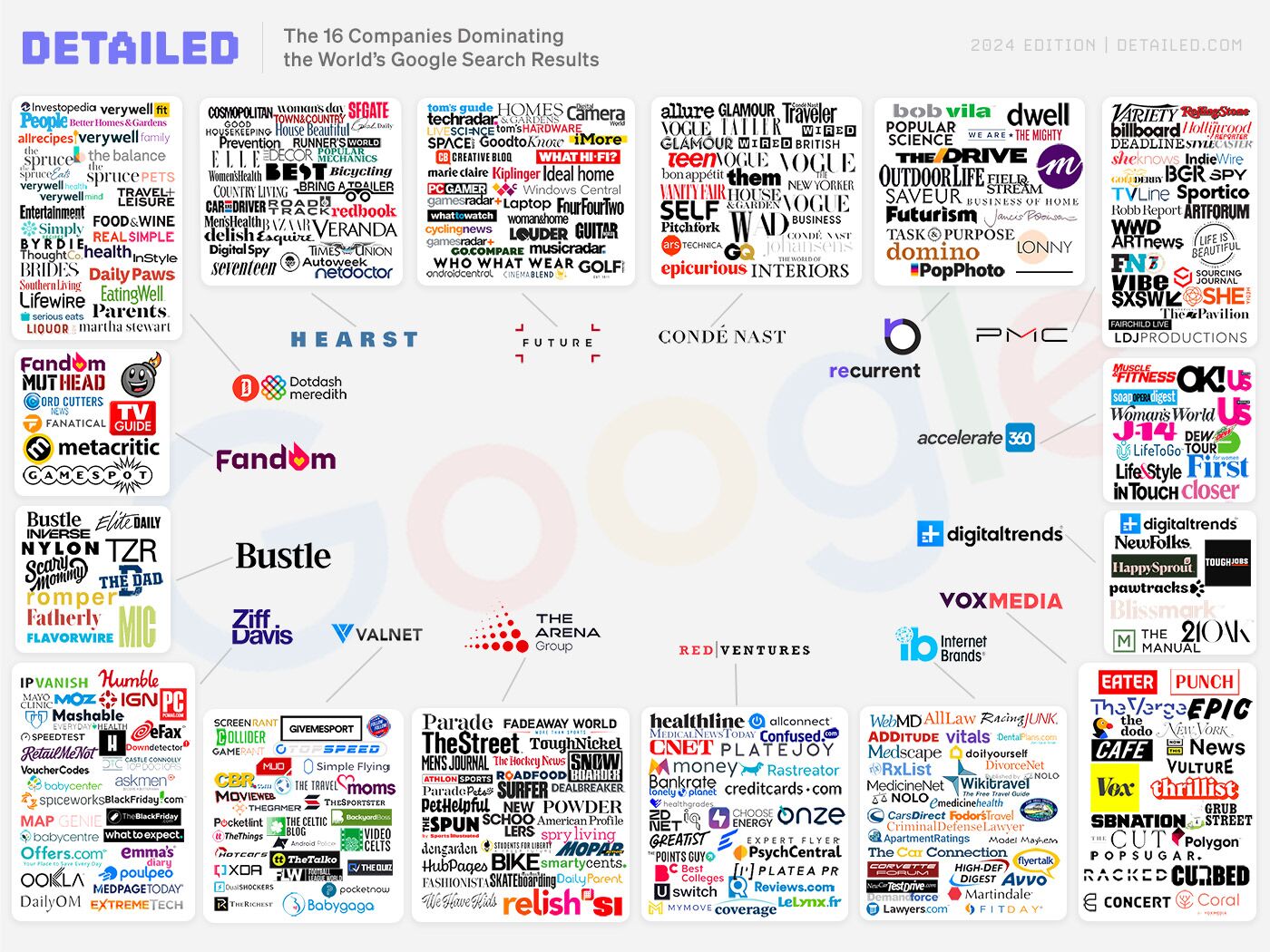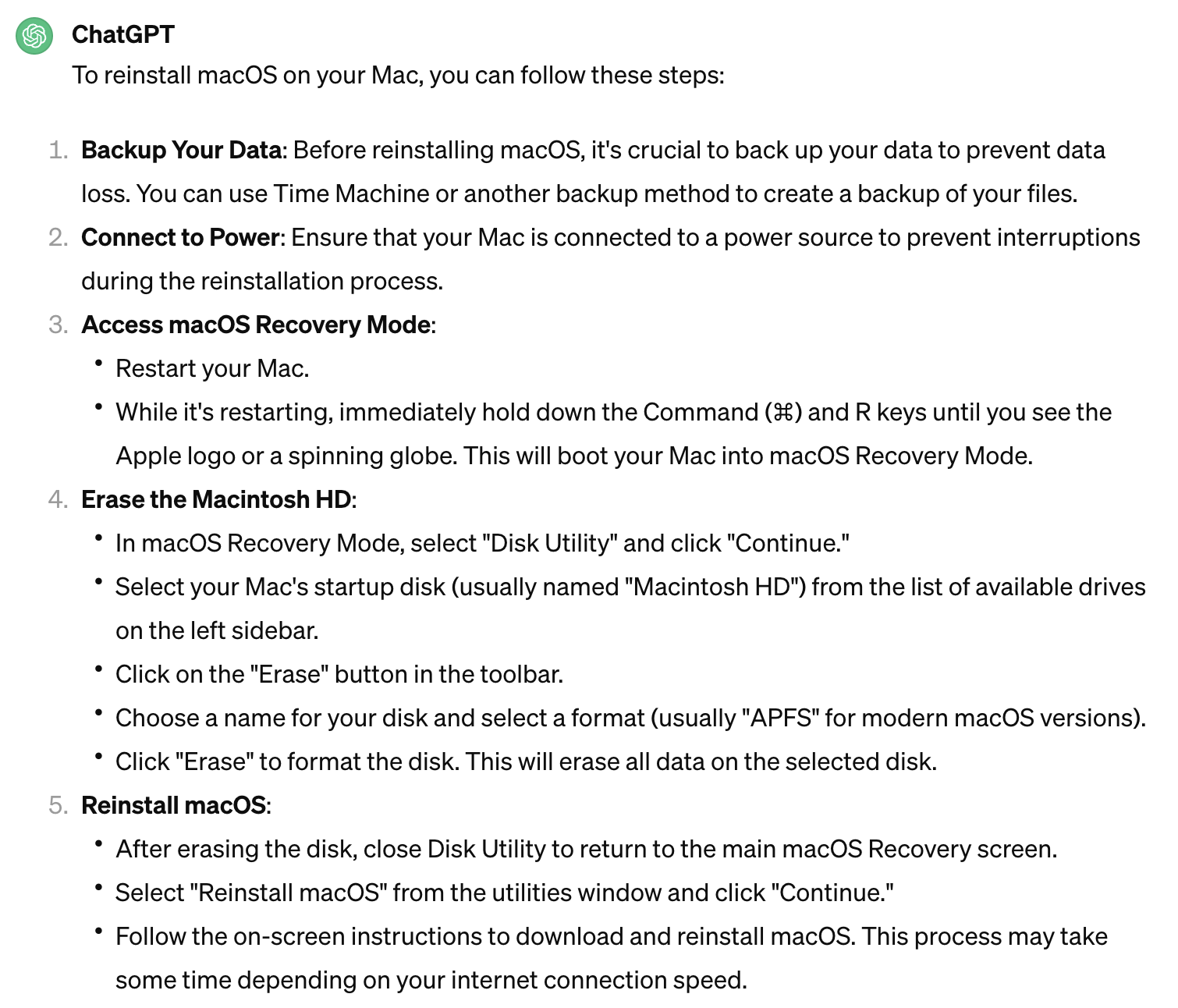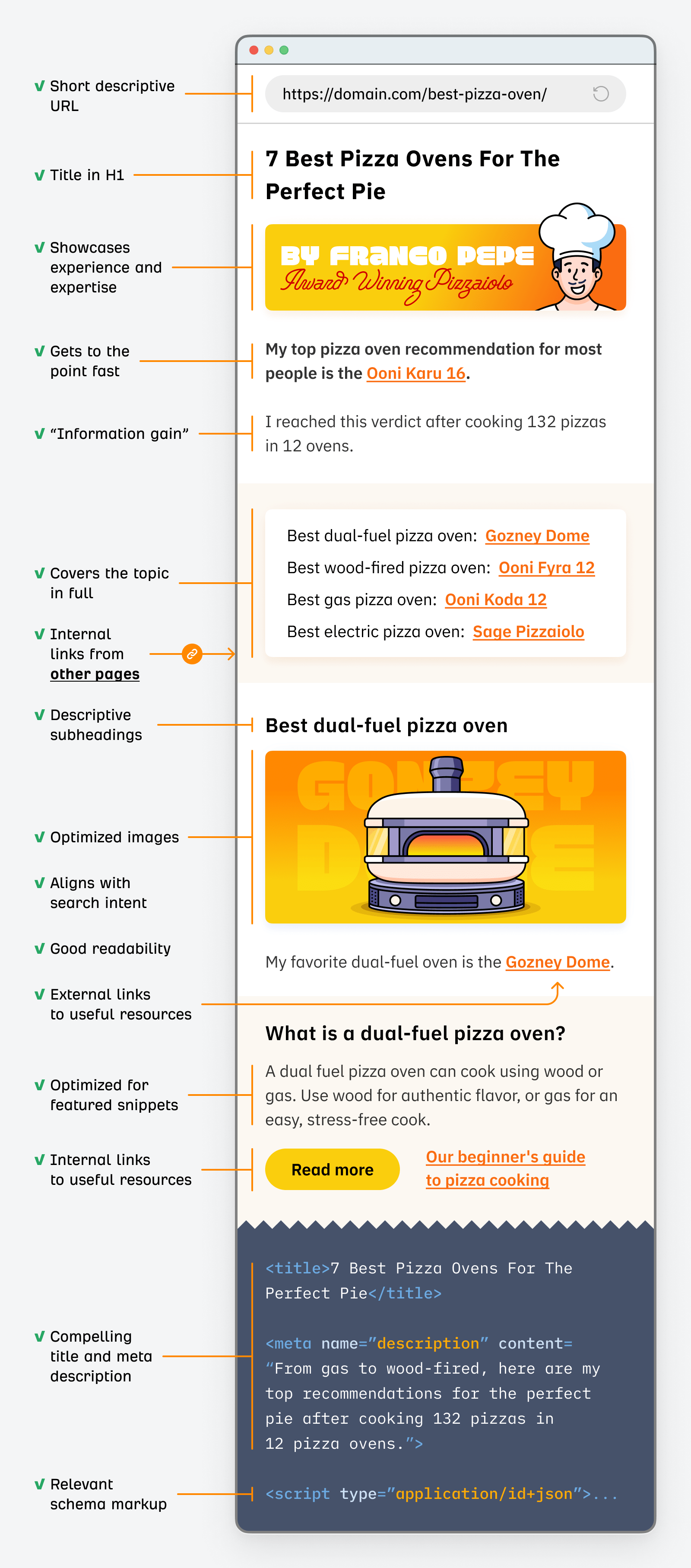
The moment I learned about my young daughter’s medical diagnosis is permanently etched in my memory like a bad tattoo. I had just switched off the TV in the living room when a notification popped up on my phone with her MRI results.
My worst nightmare ensued.
We traded our live-on-a-beach summer plans with visits to children’s hospitals along the East Coast. We armored ourselves mentally for one of the most serious surgeries a person — much less a child — can endure, and we hoped for the best.
But when she rolled into the ICU with a bandage that wrapped around her whole head and face, we learned there had been a complication. Instead of the five-day hospital stay we expected, she went through a multi-month hospitalization that split our family between two states.
And, throughout all this time, I was running a company: children’s health search engine startup, Sleuth. I had co-founded it in 2020, inspired by how hard it was to figure out and get help for her confusing (yet stable) symptoms, and the mission became even more important to me when we were handed such a serious diagnosis.
Running a business while caring for my daughter was challenging but, strangely, that summer of hardship in 2021 made me a better entrepreneur and leader. Here’s how I changed.
I learned to write my own business rules
I lay curled next to my daughter in a three-foot wide hospital bed for 68 nights. She’d drift off to sleep, and I’d spend the next few hours with one arm placed under her head while I listened to inspirational podcasts to steel myself for the next day.
In those moments of silence, I knew I’d never come out the same person. And so how could I play the same business game I was playing before? I had been working so hard to be palpable to investors and other stakeholders in the startup ecosystem, adhering to a playbook that I thought all VC-backed entrepreneurs had to follow.
But I wasn’t like others: I was a South Asian mom of a child with special needs who created a company based not on a desire to build the next unicorn, but on my challenges getting the information I needed. Subconsciously, I always knew how atypical I was, but enduring my life’s worst case scenario liberated me to actually go live my own playbook.
From there on out, my voice — on social media, with investors, with partners — became unapologetic and my own. For example, I thought early-stage founders had to look or sound a certain way to be taken seriously, like they have everything sorted out but now I just appear on IG Lives exactly the way I am: a working mom, who may not have slept enough the night before, but who is hell-bent on using technology to make children’s health easier.
I stopped outsourcing my confidence
It’s impossible to impart the details of what it’s like to parent a child with medical needs. But when close friends remind me to stop and appreciate how remarkable it is to co-run a startup and parent a special needs child at the same time, I realize that my strength runs deep. Each of us has unique circumstances that seem unbearable to someone else but that might be a source of strength for ourselves.
Now, I turn to myself for answers and confidence instead of looking to others for affirmation. My tone has gone from trying to convince people about Sleuth to having inner knowingness that we are building something that is a no-brainer. I once pitched Sleuth to a room on Clubhouse and received scathing criticism of the idea from a judge. Another time, a seasoned business operator told me I didn’t have enough “technical skills.” In the past, those comments may have crushed me. But now that I have confidence in my own strength, I always know that this is not only the right path for me, but it’s a path that will be successful.
I learned to better face hard realities
You can’t kinda have a medical diagnosis—it either is or it isn’t. And I couldn’t wish away my daughter’s condition. Facing hard realities in her diagnosis made me face hard realities in business.
Sometimes it’s hard to pivot when a tactic or strategy isn’t working, but now, I’m more clear-eyed than ever about what works and what doesn’t. For example, I spent two months cultivating relationships with a set of health-focused associations, and just before signing two deals, I pulled out because the timing wasn’t right. It was a huge win to build credibility with these esteemed organizations, and it felt silly to pull out, but we simply did not have the bandwidth for a deep commitment. It’s much easier to change course quickly for the health of the business without feeling like I have to double down on a previous position because I can’t admit I was wrong.
I realized that sometimes there’s only one priority
At first, I tried to work while my daughter was hospitalized. After I berated myself for a failed online event, a physician friend called me to launch an intervention. “You’re literally in the middle of trauma,” she told me. “Expecting so much is unreasonable. Your only to-dos are to eat, sleep, and be with your baby—you’re doing amazing, and the fact that you’re still standing is a huge accomplishment itself.”
I learned that urgent situations like this require me to put down all the balls and focus on just one, and from that point on, I did. If I hadn’t solely focused on managing my daughter’s care while she was hospitalized, she wouldn’t be healing well today, and I likely wouldn’t have been able to return to work at all.
As an entrepreneur, it’s normal to juggle multiple priorities, but this situation reminded me that there are moments in business that require my undivided attention, too (and not just in crisis situations). In May, I was invited to the White House for a reception with President Biden, and I wanted to make the most of the unique opportunity. I arrived first at the security gate, which enabled me to be well-placed when the President made a speech and walked off the stage. Amid a sea of other people, I managed to introduce Sleuth to him, take a video with my left hand while my right hand got to shake his, and get our picture tweeted by the White House. It was a profound opportunity—and one that came from being absolutely present and focused in the moment.
I learned that data is an antidote to spiraling
One of the top pediatric neurosurgeons left the timing of my daughter’s surgery up to us, her family. It was daunting, and a decision unlike anything I had faced. Our choice could change the course of her life forever.
But we were deliberate. We called every physician we knew and asked them to connect us with other neurosurgeons. We spoke to each of them and took meticulous notes. We charted out decisions trees and worst case scenarios and assessed them against the severity of her current discomfort and symptoms. Ultimately, collecting the relevant data points enabled us to make a decision that we still stand by today.
The fidelity of having a data-driven decision process—and pushing for transparency from stakeholders—stays with me. When I feel anxiety about her future or am facing a major decision about Sleuth, I pause and collect the facts. It always paints a picture that is different from when the only tool I paint with is my emotion.
As a business owner, there are many tempting shiny objects to pursue, such as partnerships, potential investments, or PR visibility. An opportunity to speak in LA popped up during the dead of winter in NYC, and within minutes, my mind already drifted to boarding the airplane, landing in 80 degree weather, and giving the speech of a lifetime. But when I calculated the data—the travel costs, the time away from working, the dubious ROI—it was clear that I had to pass.
I saw that breaking isn’t a sign of failure; it’s a sign to ask for help
Seeing my daughter suffer broke me, but I didn’t want her to sense my fear. I had a side gig as an actress most days: a cheerleader to keep her motivated through therapies, a lawyer to advocate for appropriate medical care, and a power networker to befriend all the nurses.
But it caught up with me, and one morning, I fell apart in desperate tears in front of a child life specialist, Kristi. She looked me in the eye and said, “I got you.” She promptly sent me away with instructions not to return to the hospital before the evening. She galvanized the rest of the care team to ensure my little one was occupied and happy, and I came back with the mental relief I so desperately needed.
There are similar resources for the entrepreneur who is carrying too much on their shoulders—sometimes, the hard part is having the courage to use them. This is perhaps the lesson that has been hardest for me to learn and practice, as the dominant narrative of building a startup is to hustle at all costs.
But I’m thankful that I’ve learned to lean on my co-founder and supporters. Surprisingly, being open about when I’m struggling has led to more and better opportunities than before. I post on social media about my challenges as a medical mother and founder, and from it, I’ve been invited to three podcasts, landed an interview on regional TV, and cultivated deeper relationships with early adopters and investors.
Putting on my oxygen mask isn’t the act of desperation I once thought; it’s an act of grace that ensures I’m giving both me and my business the best circumstances in which to grow and thrive.
July 2022 marks one year since my daughter’s diagnosis. It continues to shock me how much I’ve changed as a person and an entrepreneur. And while I wish she didn’t have to go through so much, I’m mindful that the experience yielded a powerful transformation that boldly empowers me to bring Sleuth’s vision to life.
Content Copyrights Belong to The Author. All Rights Reserved.
We're A Dallas Digital Marketing Agency That is Experts At Social Media Marketing, Website Design and Emarketing and Promotion.



